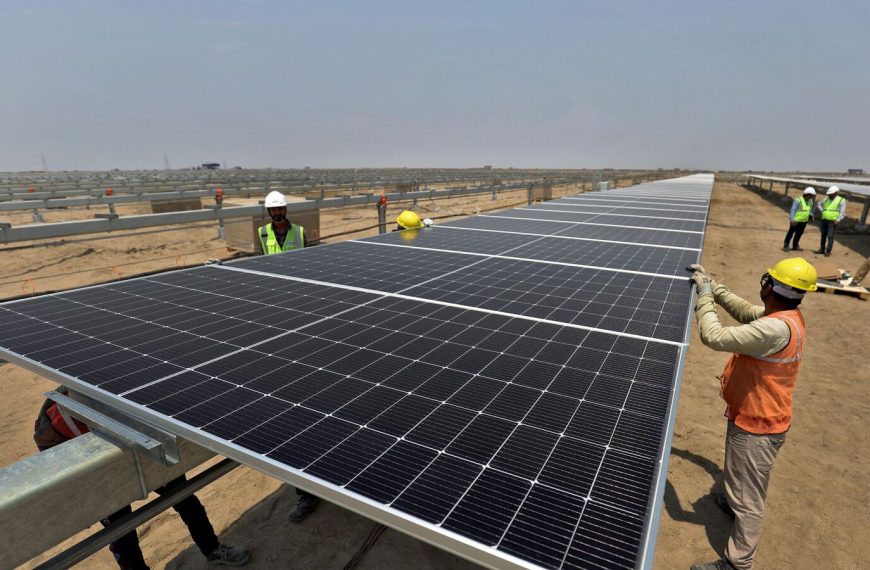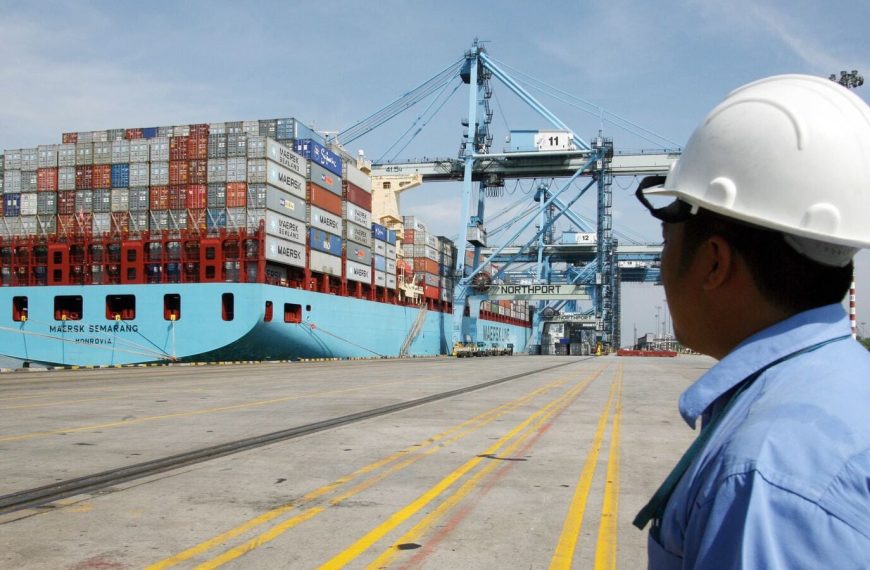The United States is positioning itself to significantly influence Ukraine’s future infrastructure and mineral investments, potentially stifling the involvement of Kyiv’s other allies and complicating its aspirations for European Union membership. If finalized, this partnership agreement would grant the U.S. unprecedented control over investments in crucial sectors such as transportation, energy extraction, and critical minerals, all while Ukraine is striving to align more closely with the EU.
U.S. Economic Control Over Ukraine’s Reconstruction
This proposed agreement would essentially give the U.S. the first claim on profits from a specialized reconstruction fund, which Washington would oversee. Notably, the U.S. considers its extensive financial and material support to Ukraine since the onset of the conflict with Russia in February 2022 as a contribution to this fund. This means that Ukraine could be required to repay the costs of U.S. military and economic assistance before benefiting from any profits generated by the fund.
- Key Aspects of the Agreement:
- U.S. control over investments in infrastructure projects.
- First claim on profits from a special fund managed by the U.S.
- A requirement for Ukraine to allocate 50% of its revenue from new projects into this fund.
Ongoing Negotiations and Concerns
Ukrainian President Volodymyr Zelenskiy has acknowledged that the discussions surrounding this agreement are complex and ongoing. Following a failed attempt to finalize an earlier draft during a tense meeting with former President Donald Trump, a revised agreement was presented to Kyiv officials last weekend. Zelenskiy emphasized the importance of maintaining strong cooperation with the U.S. to ensure continued aid.
- Zelenskiy stated, “We support cooperation with the U.S. and want to avoid any signals that could jeopardize assistance to Ukraine.”
Complications for Ukraine’s EU Aspirations
As Ukraine progresses toward EU membership, having secured candidate status in 2022, the potential U.S. control over investment decisions could further complicate its accession talks, which may take years. Ukrainian officials have previously expressed concerns that any agreement with the U.S. should not conflict with its existing association agreement with the EU.
- The draft agreement outlines that the U.S. International Development Finance Corporation (DFC) would oversee the investment fund, appointing three of its five board members and holding veto power over specific decisions.
Restrictions and Obligations
Under the terms of the proposed agreement, Ukraine would be required to put half of its earnings from natural resource and infrastructure projects into the fund. The U.S. would retain rights to all profits, alongside a guaranteed annual return of 4% until its initial investment is recouped.
Moreover, Ukraine would need to present all new projects to the fund for approval and would be prohibited from seeking alternative offers for rejected projects for at least one year. The U.S. would also have the unique right to purchase Ukraine’s resources ahead of other entities and would restrict Ukraine from selling critical minerals to countries deemed "strategic competitors."
Conclusion
As negotiations continue, the implications of this partnership could reshape Ukraine’s economic landscape and its relationship with both the U.S. and the EU. The balance of power in investment decisions may have lasting effects on Ukraine’s sovereignty and its path toward full integration with European structures.
For more insights on geopolitical dynamics and international investments, consider exploring resources from Foreign Policy or The Atlantic.











